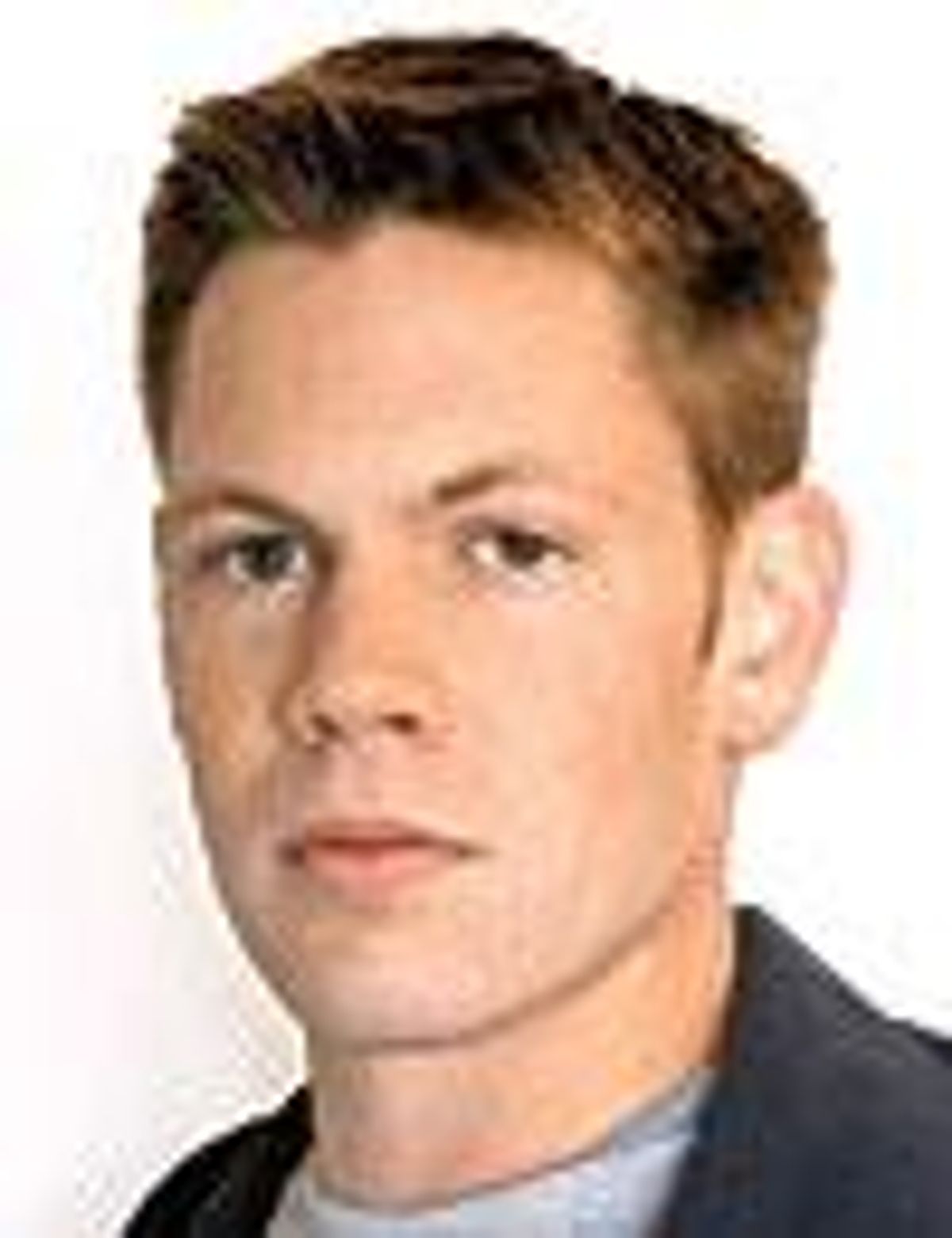If you're
a young gay man who finds your dating life in a shambles, my
advice is, go out and find a gay man over 40 for whom your
attraction is not primarily sexual. After you tell him
your story, shut your mouth and listen to the sound of
your life turning around. At 47, my friend Eric Shaw
Quinn is a member of a generation that suffered incredible
losses during the first years of the AIDS crisis.
Watching friends die taught Eric that aging is an
achievement, not a physical failing. When it comes to
my romantic life, he's given me two pieces of
invaluable wisdom: (1) Don't expect the
prostitute to turn into an executive just because you
brought him home to meet Mom; and (2) It's not in his
kiss; it's in his phone call. Eric and I value
monogamous relationships. But whatever parameters you
apply to your romantic life, there's a 40-plus gay
man out there who can provide you with counsel.
Conventional gay
wisdom says that AIDS in the mid 1980s stole an entire
generation of gay men who were on their way to becoming the
gay uncles of tomorrow. But my experience suggests
that AIDS didn't behead the gay community; it
drove a wedge between generations that neither side has
done a very good job of bridging. I have met countless gay
men over 40 who lived through the first years of the
epidemic only to move into a world of inwardly focused
domesticity and lose their taste for communal
gathering places fueled by sex and alcohol. On the other
side of this divide, my generation rose up, convinced
that it could return to the escapist delights of the
1970s as long as it remembered to put on a condom.
Many gay writers
who had been there tried to deliver their wisdom by way
of the written word, but gay men my age failed to meet them
at the bookstore. Indeed, the antipathy of my
generation toward both politics and the written word
is so well-known that one former editor of this
magazine calls us the complacent middle. But it's too
easy to blame the disconnect solely on the young.
Elder gays also have to start looking at
tomorrow's gays as more than potential sexual
conquests.
I don't
mean to disparage romance between partners of varying ages.
But a true bridge between gay generations will require
nonsexual mentoring relationships between older and
younger gay men. This isn't easy, since the
bar, with its social hierarchies rooted in sexual
attraction, remains our central gathering place. But
that doesn't mean we need to tear them all
down, or throw up more community centers where sex and
flirtation are banned. Rather, we need to approach the
world as out gay men in all areas of our lives. The
freedom to be gay around the clock is what allows gay
men to engage as full-fledged human beings, not just sexual
ones. This is one of many lessons I learned from my
elders.


















































































Here's our dream all-queer cast for 'The White Lotus' season 4